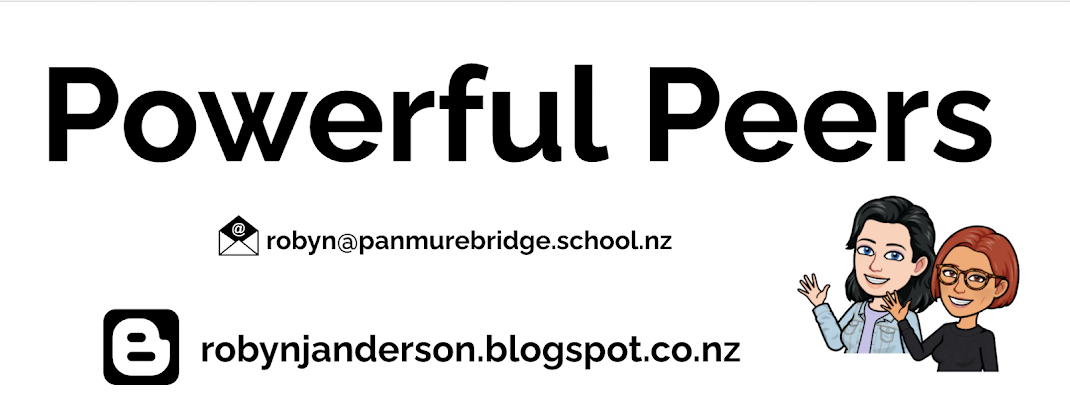This paints a very positive picture in both learning areas. When looking at reading ages I can see that 3/5 of my Year 8 students have made shift. 2/5 show a shift of 6 months which aligns with time at school this year and 1/5 has made a 12 month shift. 2/5 remained at the same level. Student G1 panics during any assessment situation and tends to overthink her responses which leads to disconnects, and B3 has a pattern of irregular attendance which results in disconnects that affect his confidence in his own ability.
When looking at the Year 7 data I am really excited as 3/4 students are showing shift, with 1 student moving off the colour wheel and onto the Probe tests. The really exciting part was she asked me if she could do the same test as her friends, so we tried, and it was a success! Our discussion after was a celebration of the strategies she knew how to use to make sense of the story without looking at any pictures. This was such a boost to her self efficacy as she now sees herself as just like everyone else and not someone who needs help. In reality she still needs teacher or teacher aid support but she is now much more willing to embrace and try new learning. 1/5 show a shift of 6 months which aligns with time at school this year and 1/5 has made a 12 month shift. Ironically the student with the 12 month shift tells me on a regular basis 'reading is not her thing' but she is also the student who in our term evaluation, identified as reading at home.
When looking at the Year 7 data I am really excited as 3/4 students are showing shift, with 1 student moving off the colour wheel and onto the Probe tests. The really exciting part was she asked me if she could do the same test as her friends, so we tried, and it was a success! Our discussion after was a celebration of the strategies she knew how to use to make sense of the story without looking at any pictures. This was such a boost to her self efficacy as she now sees herself as just like everyone else and not someone who needs help. In reality she still needs teacher or teacher aid support but she is now much more willing to embrace and try new learning. 1/5 show a shift of 6 months which aligns with time at school this year and 1/5 has made a 12 month shift. Ironically the student with the 12 month shift tells me on a regular basis 'reading is not her thing' but she is also the student who in our term evaluation, identified as reading at home.
When looking at the collective maths data 8/9 students have made shift with 1/9 remaining at the same strategy stage they were at in 2018. This student also has an irregular attendance pattern and is often late, meaning his disconnects to the learning are increasing.
Why is there shift in these two snapshots of data? Possibly because I know I'm paying more attention to asking my learners during our maths and reading lessons to tell me 'how they know', 'where they found' or 'how they got their answers'. I encourage the use of content vocabulary and make a point of identifying the comprehension strategies that could be used. In both learning areas my learners know they need to be prepared to show me the evidence they used to support their thinking. My focus students tend to shy away from sharing their thinking in front of others so I move around the room asking them in a 1:1 situation. Collaboration and talk, or learning conversations as we call them, continue to play a huge part in all learning situations as it provides the scaffold that these students need to help them continue to take risks.
When I look at my previous summary of what I notice during learning time I can see that many of my initial observations have become my current observations. There are however a few significant changes. Conversation levels are now much louder as a much higher percentage of students are actively engaging in the conversations and only two of my focus group fall back on the known coping strategy of waiting for reassurance before beginning work when the learning is new. My next step is to analyse the similarities and differences between the time 1/time 2 self efficacy responses. At a quick glance I can see that responses in the Term 2 evaluation are more detailed and specific than Term 1's responses. What is interesting is that my class are given free rein when it comes to telling me what they feel they have improved in, and I can see that in both terms maths and reading remain in the forefront.

Hi Robyn thanks for sharing and giving us a look inside your inquiry. I particularly appreciated the focus on having a relationship with the learning when you are having these conversations with students . It seems that they are relating well to this and engaging in and committing to trying to develop their Maths and Reading.
ReplyDelete